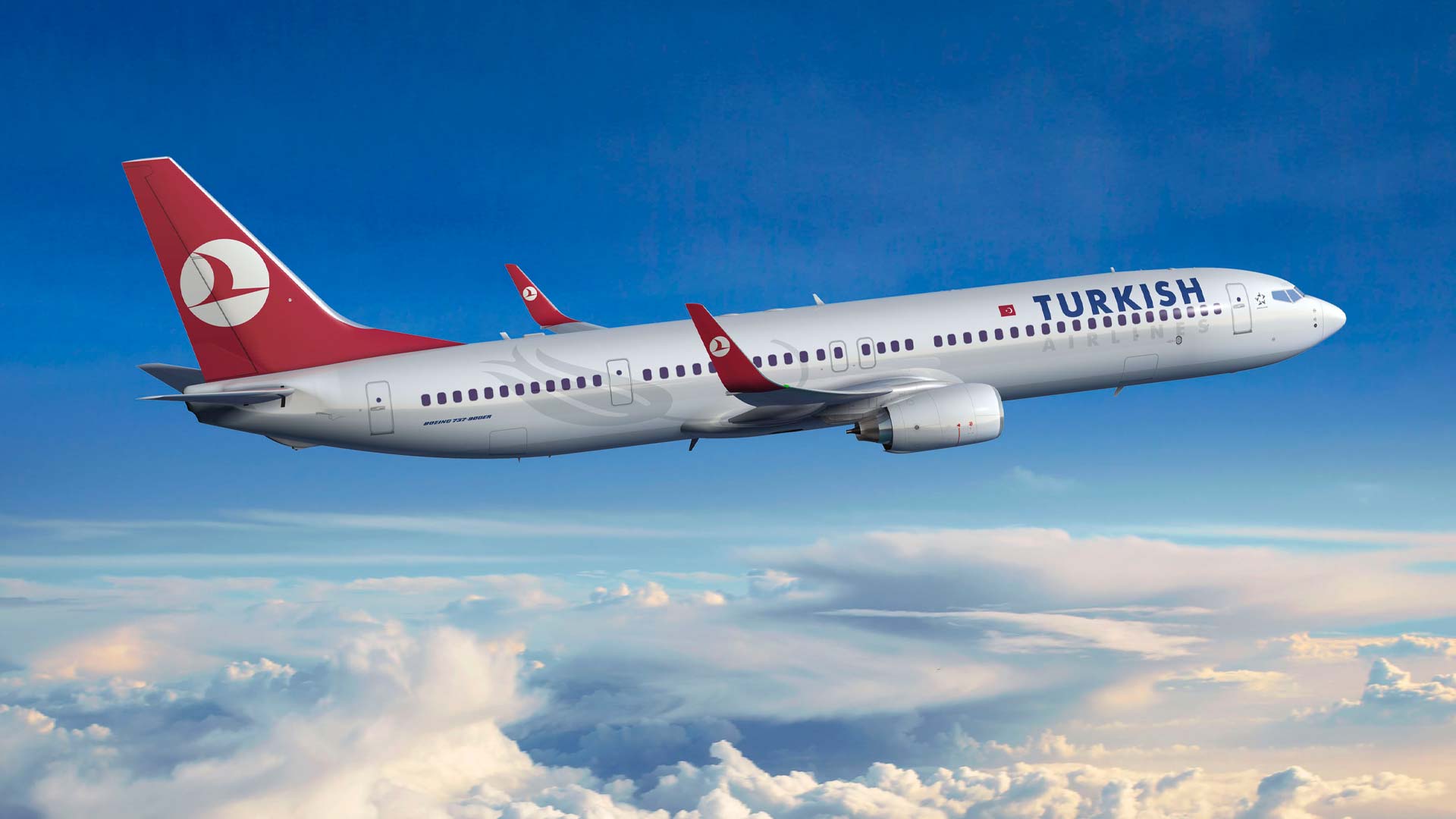A recovery in EMEA airline revenue has been supported by increased leisure traffic and strong airline pricing power, Fitch Ratings says. These near-term expectations incorporate a moderate pace of recovery, tempered by the cost of living crisis and operational issues.
EMEA air travel, measured in revenue-passenger-kilometre (RPK), has been increasing in 2023. European RPK in June was only 5.5% below the pre-pandemic level of June 2019 and 11.7% above June 2022, according to the International Air Transport Association (IATA). The recovery has accelerated from 1Q23 (when RPK was 12.2% below its 1Q19 level). IATA forecasts that European air passengers this year will reach 97% of those in 2019, further increasing to 108% in 2024 and 116% in 2025.
Fitch says that it still remains cautious in its near-term price and volume forecasts for the industry and rated issuers. The main risk stems from the cost of living crisis and its impact on consumer confidence, despite some easing of inflation. Fitch forecasts that EMEA air travel demand (in RPK) will reach 2019 levels in 2024 and continue to grow at a moderate pace, supported by increasing penetration of air travel in some regions, such as eastern Europe, and a recovery in corporate travel. But the rating agency says that it will incorporate no further increases in yields beyond 2023 for most rated airlines.
There have been some changes in the approach to travel since the pandemic, adds Fitch. These include demand for adventure holidays, as well as combining work and holidays, which will drive demand in the near and medium term. Post-summer bookings have not shown any signs of weakening demand.
Airline pricing power remained high this summer despite lower fuel prices than a year ago. Most airlines have reported double-digit unit yoy revenue increases in 2Q23. This is expected to continue in 3Q23 due to increased operational disruptions related to extreme weather in southern Europe, staff shortages, and the UK navigation system meltdown during the August bank holiday, which reduced the number of flights in the UK airspace by a quarter during the affected period.
Low-cost carriers continue to outperform legacy airlines in volumes, pricing and profit growth. Fitch upgraded Ryanair to ‘BBB+’/Stable in July, taking the rating back to its pre-pandemic level. The ratings on Turkish carriers, Turkish Airlines and Pegasus, already returned to or exceeded their pre-pandemic levels this year, due to strong performance of their cargo segments and higher demand for travelling to Turkiye due to its weak currency.
British Airways’ rating was upgraded in May but is still below its pre-pandemic level, primarily due to its slower capacity recovery, stemming from its high exposure to long-haul flights. Wizz’s rating is also below its pre-pandemic level, affected by the lack of fuel hedging in 2022, as well as fast fleet growth that limits de-leveraging. Wizz is among the most exposed airlines in Europe to issues related to Pratt and Whitney’s GTF engines. The company has reported some aircraft groundings due to the issue, leading to a capacity reduction of about 10% in the six months to end-March 2024, but the financial impact is expected to be partly compensated by the engine manufacturer.
